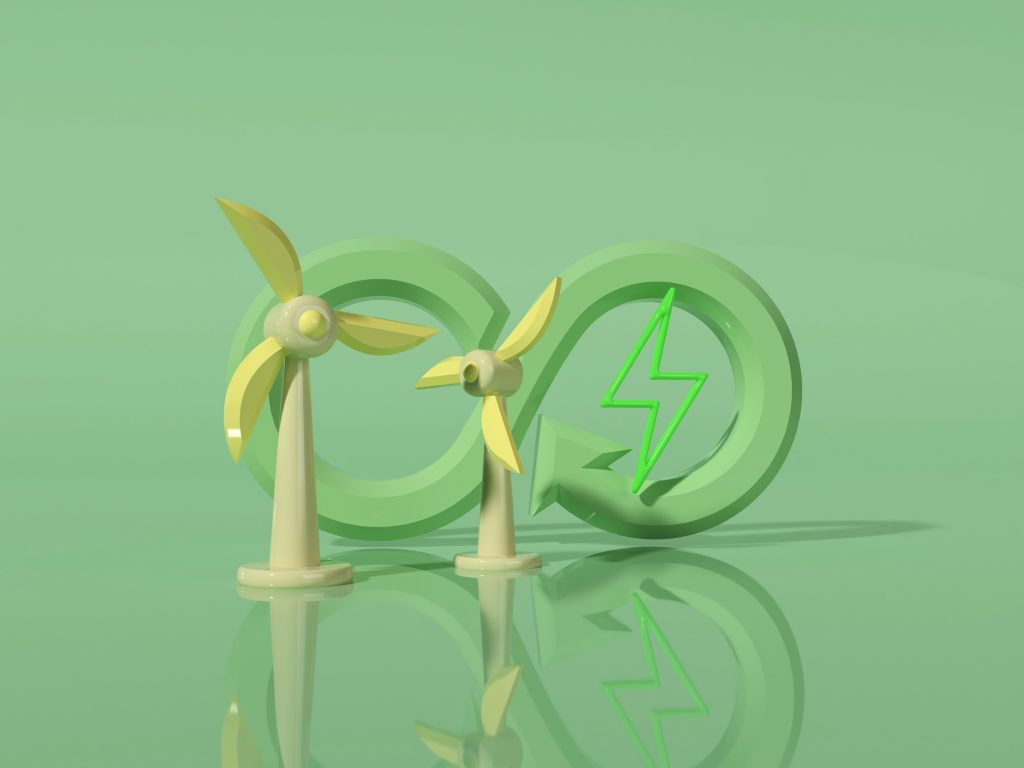Making the Energy Transition a European Success

If there is one project today which carries a positive vision for Europe, it is definitely the energy transition. Energy is the foundation of our nations’ power and is a key element in our daily lives.
If Europe’s architects are preparing a democratic, innovative, economically viable and socially fair Energy Union, it will contribute to a Europe that serves its citizens and paves the way for the rest of the world. If we fail in this project, the architects will have to give way to the firefighters, who will exhaust themselves putting out the fires caused by our past mistakes: climate refugees, dependence on Russia and Saudi Arabia, worsened energy poverty, the bankruptcy of energy suppliers who failed to adapt their strategy.
The Energy Union, which we have been championing since 2010 and which is currently fully supported by President Juncker, is an ambitious project which can already be bolstered by the successes achieved by the European Union. The USA’s withdrawal from the Paris Agreement further strengthens European leadership and enables us to attract innovators and investors who understand the opportunity created by the energy transition.
This Report, wrote by Thomas Pellerin-Carlin, research fellow, Sofia Fernandes and Eulalia Rubio, senior research fellows, Jean-Arnold Vinois, adviser, and with a foreword of our founding President Jacques Delors and our President Enrico Letta, clearly sets out four objectives which could contribute to the success of the Energy Union, and in turn restore trust between Europe and Europeans.
- Firstly, democracy must be at the heart of the Energy Union’s governance. This involves mechanisms for more direct participation of citizens, local elected representatives and civil society in the major choices which shape national and European energy strategies.
- Secondly, Europe must implement a genuine innovation-driven industrial policy to make our companies the world leaders in clean energy.
- Thirdly, public and private investment arbitrations must fully integrate the energy transition’s objectives.
- Fourthly, the Energy Union must serve a just and fair energy transition via a “Social Pact for the Energy Transition” which strives to create jobs for our young people and stamp out energy poverty.
A lack of progress in achieving the Energy Union would cost citizens dearly and be detrimental to our ideal of a Europe which is democratic, prosperous, social and united in diversity.









